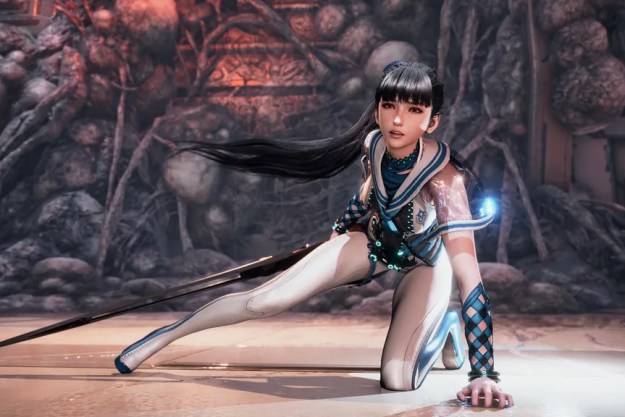Blizzard has shared the first details about an upcoming title — and it’s a brand-new IP. In a news post and accompanying tweet, Blizzard says that the title is “a survival game in an all-new universe.”
The storied, but troubled developer called for job applicants to help “write the next chapter in Blizzard’s story.” The game will come to both PC and console, but few other details are available at this time. The blog post was primarily used to advertise open positions on the project, which include roles in art, design, and engineering.
The announcement comes hot on the heels of Microsoft’s historic acquisition of Activision Blizzard for almost $70 billion.
We’re building a survival game in an all-new universe.
Join us in writing our next chapter: https://t.co/yf7W5p9ERQ pic.twitter.com/vWtkDYh1kX
— Blizzard Entertainment (@Blizzard_Ent) January 25, 2022
This is Blizzard’s first foray into a new IP since the release of Overwatch in 2016. Blizzard has a history of sticking with established IP and characters rather than creating new worlds. After creating the Warcraft series in the early 2000s, the company used the same characters and settings in World of Warcraft, Hearthstone, and Heroes of the Storm. It’s unclear whether this departure into new IP has anything to do with the company’s recent acquisition by Microsoft, which will almost certainly influence the company’s offerings and games in future years.

Alongside the announcement, Blizzard showed off two pieces of concept art for the new project. One shows what appears to be a hunter crouched in front of a set of footprints within a forest, while the other shows two people walking through the woods toward a distant castle. Survival is an unusual game genre for Blizzard, but the concept art conveys the usual magical charm of the company’s existing work.
Editors' Recommendations
- All Fallout games in order, chronologically and by release date
- All Fallout games, ranked
- The best video game movies of all time
- Square Enix just set a new bar for video game demos with its latest RPG
- All upcoming Switch games: 2024, and beyond




